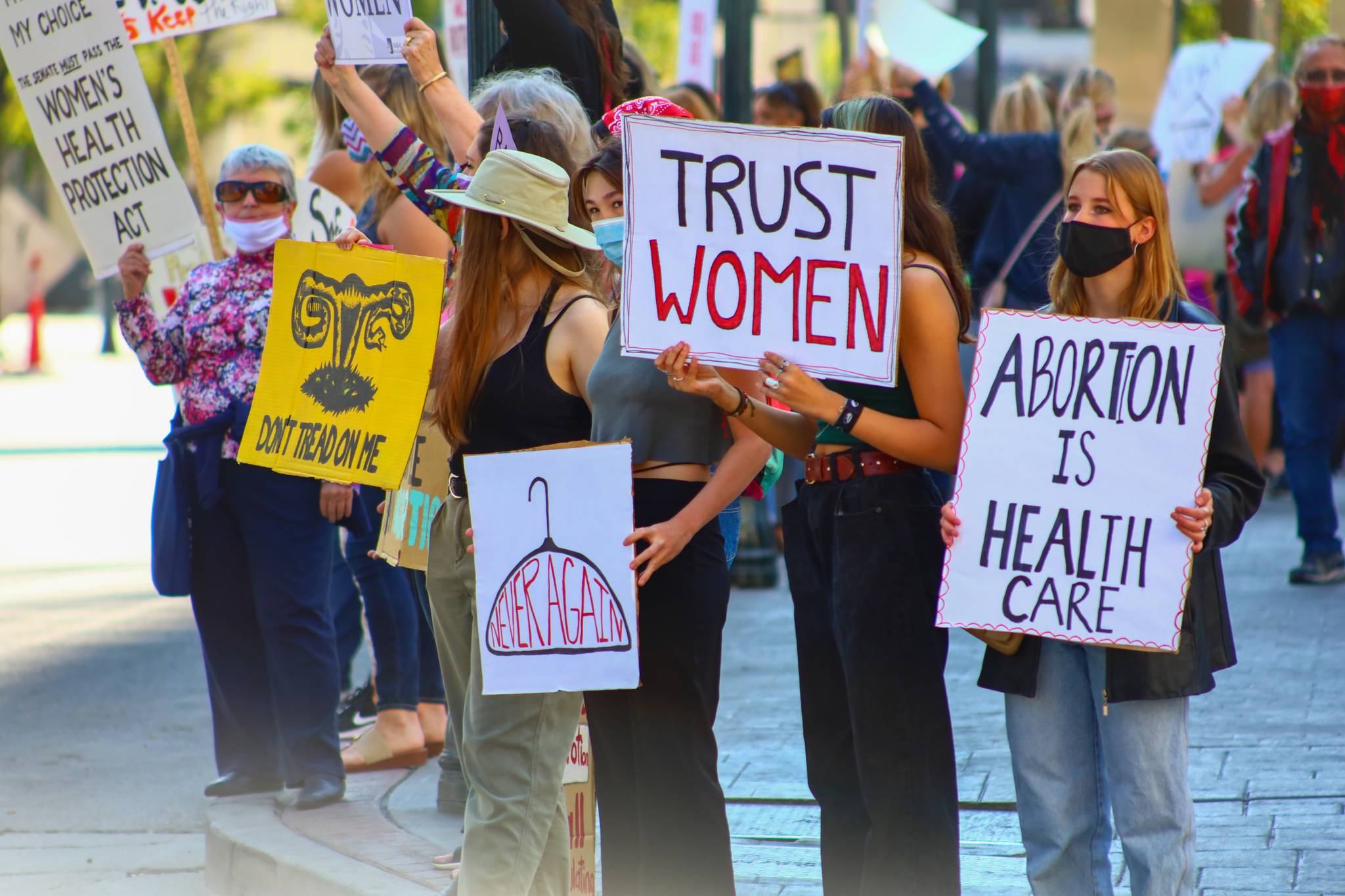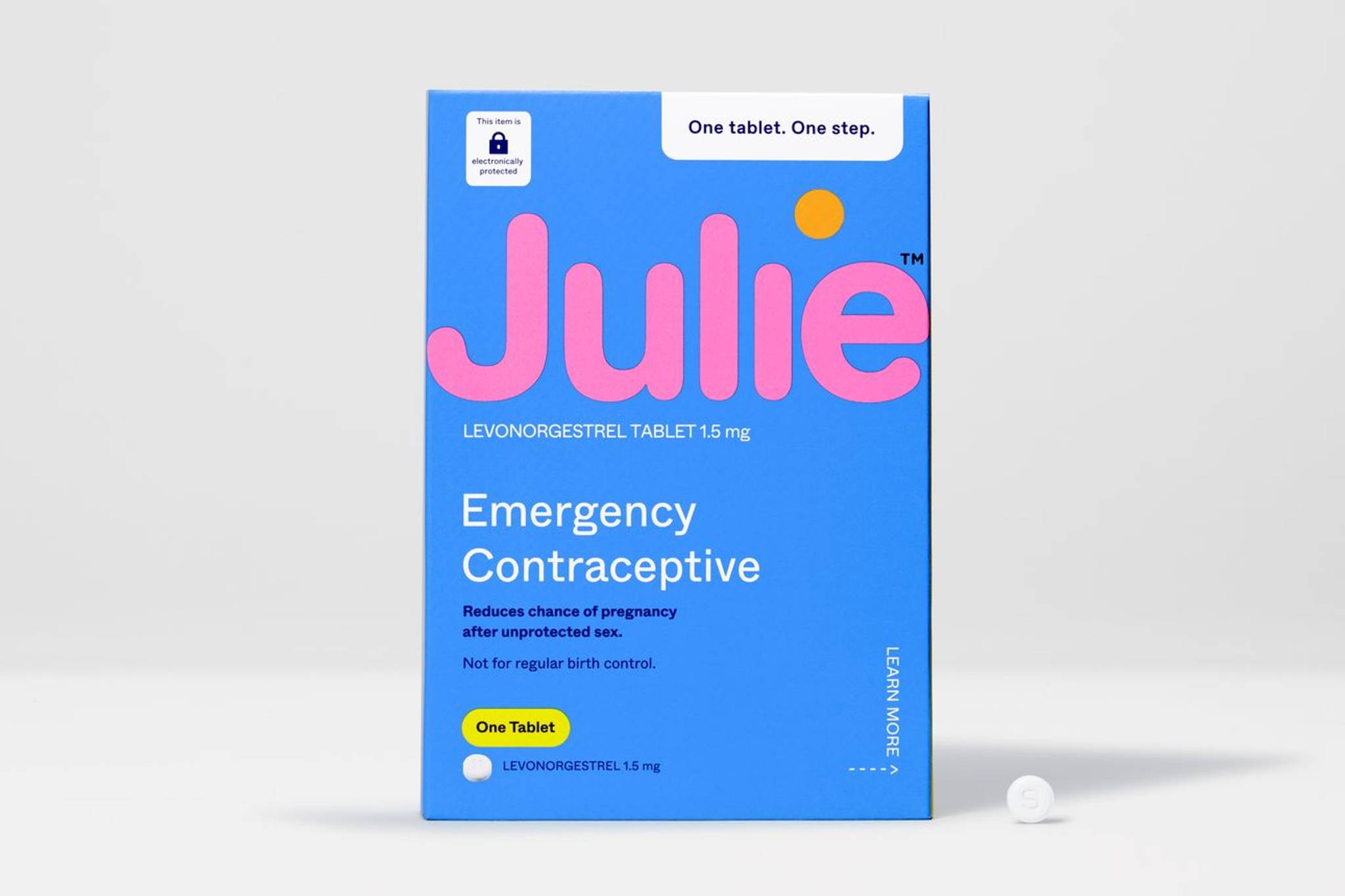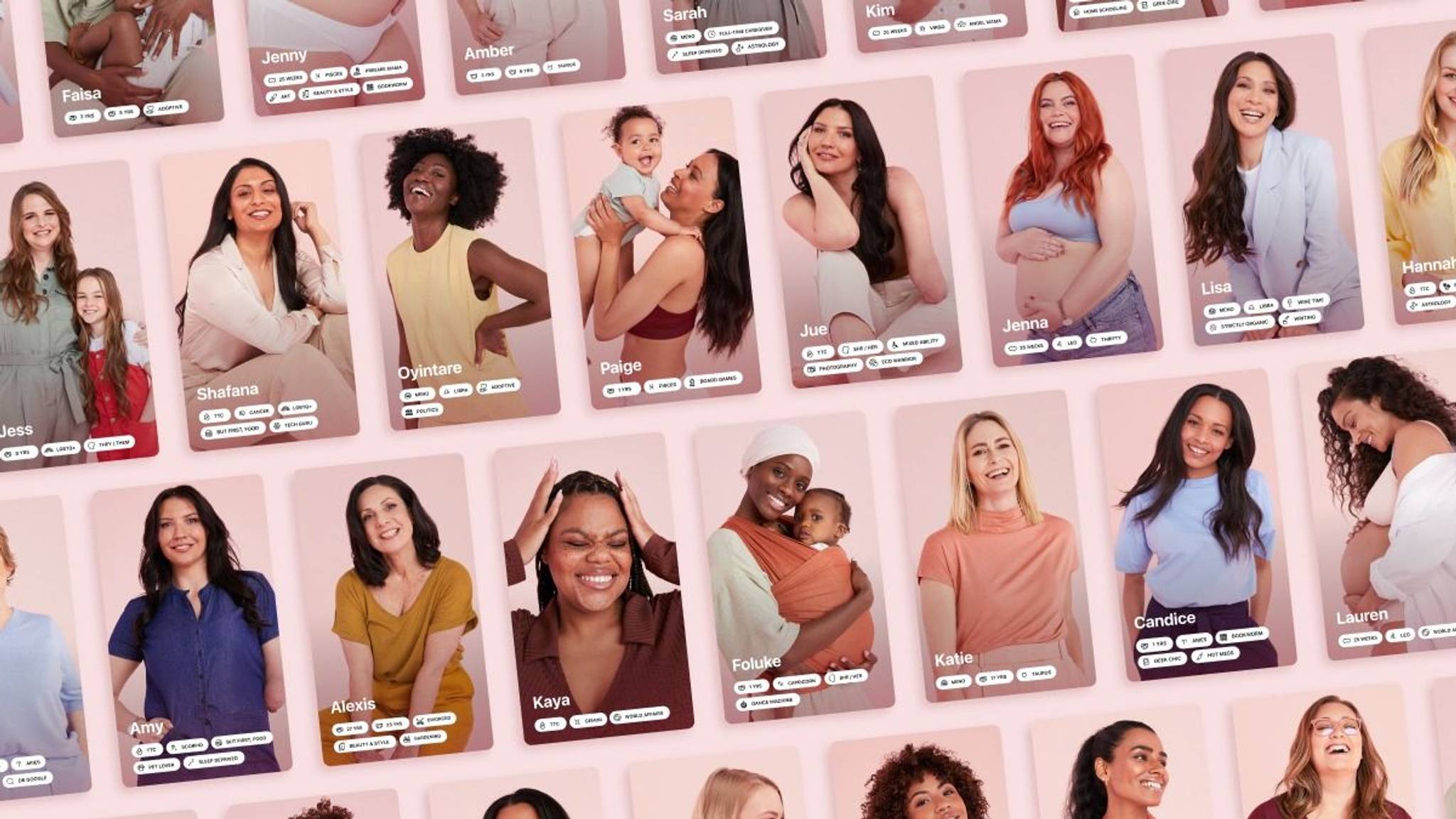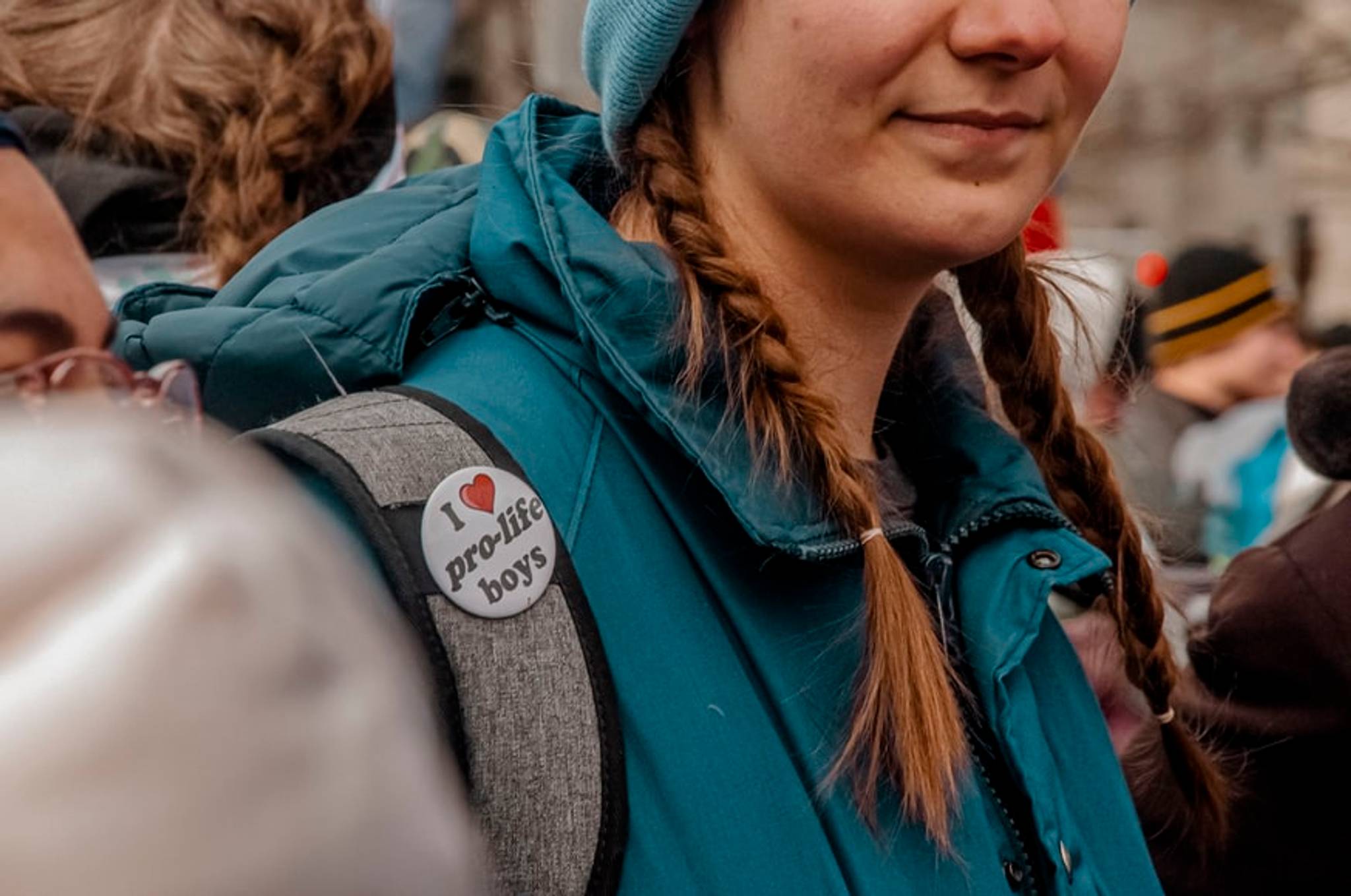
In post-Roe v. Wade America, women are attempting to navigate the legality of abortions and are looking for support from outside the government. As people adjust to new realities around access, what long-term implications does this ruling have on women’s healthcare and reproductive rights?
- Sectors
- Location
Renee Bracey Sherman is a reproductive justice activist and writer with expertise in public abortion storytelling. She has an interest in promoting the visibility and representation of people who have had abortions in media and pop culture. She's the founder and executive director of the nonprofit We Testify, an organization that works to increase the representation of people who have abortions.
Kinga Jelinska is the Polish co-founder and executive director of Women Help Women, an organization that assists with medical abortion and contraception. The NGO works with more than 40 partner organizations worldwide. She has supported partners in Asia, Africa, Europe, and Latin America in designing and setting up innovative community programs and hotlines on self-managed medical abortions, and is a trainer in medical abortion to women’s groups. Through a network called Abortion Without Borders, Jelinska and Women Help Women work closely with Polish abortion activist Justyna Wydrzynska.
Allison Carter is the executive editor of PR Daily based in Indiana. She works on content strategy and feature writing, produces exclusive reports, and works with the PR Leadership Network. She's also a content creator for Ragan Communications.
Gouri Sharma is an internationally renowned independent journalist from London living in Berlin writing for international media sites including Al Jazeera English and Deutsche Welle. Amid a career spanning nearly two decades, including five years on the production desk for Al Jazeera's flagship media critique show The Listening Post, Gouri now writes on issues such as race, culture, migration, history, and sexual health and wellness. With each report, she aims to draw out the individual story amid the wider political or historical context; centring the human story is a priority, in particular amplifying the voices of those from marginalised communities whose stories are not as visible.




